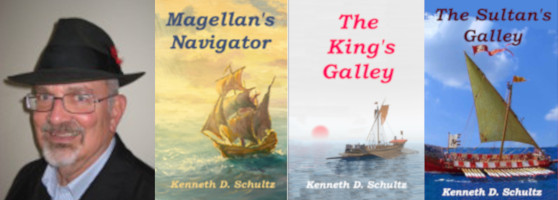Tina Fey is my favorite comedic actress of this era, and she does a superb job in Whiskey Tango Foxtrot. There is, however, a serious side to virtually every laugh in the movie. The unintended results of the press are an important part of the film. Like the uncertainty principle, where the act of observing affects ‘reality,’ the act of reporting, especially reporting war, can affect the lives of all involved. I can’t say more without giving out spoilers.
These issues are at the heart of Spanish author Arturo Perez-Reverte’s The Painter of Battles. I’m a huge fan of Perez-Reverte. He’s mostly an author of historical fiction including his Captain Alatriste series and The Fencing Master. His contemporary The Dumas Club was made into a The Ninth Gate starring Johnny Depp. These are all fast paced, tightly plotted books.
Perez-Reverte was a war correspondent, like the Tina Fey character in Whiskey Tango Foxtrot, before becoming an author. The Painter of Battles appears to be his attempt to deal with the atrocities and cruelty of man against man he encountered in his journalistic career. It is a very philosophical novel, and quite different from his other works.
The protagonist, the painter of battles, was a war photojournalist for over thirty years. He has abandoned this profession and, when we first meet him, is painting a mural of battles in a tower on the Spanish coast. One day a former Croatian soldier arrives at the tower, and announces that he is going to kill the painter of battles, although first the visitor wants to talk. A series of philosophical discussions then ensues about war, journalism, mankind, and what drove these two men to this destiny. It would seem Perez-Reverte is processing specters haunting him from his years as a war correspondent.
The Painter of Battles was at times too verbose for me, and it wasn’t my most enjoyable read of the past year. However, I’ve certainly thought more about this book after finishing it than any other I’ve recently read.

